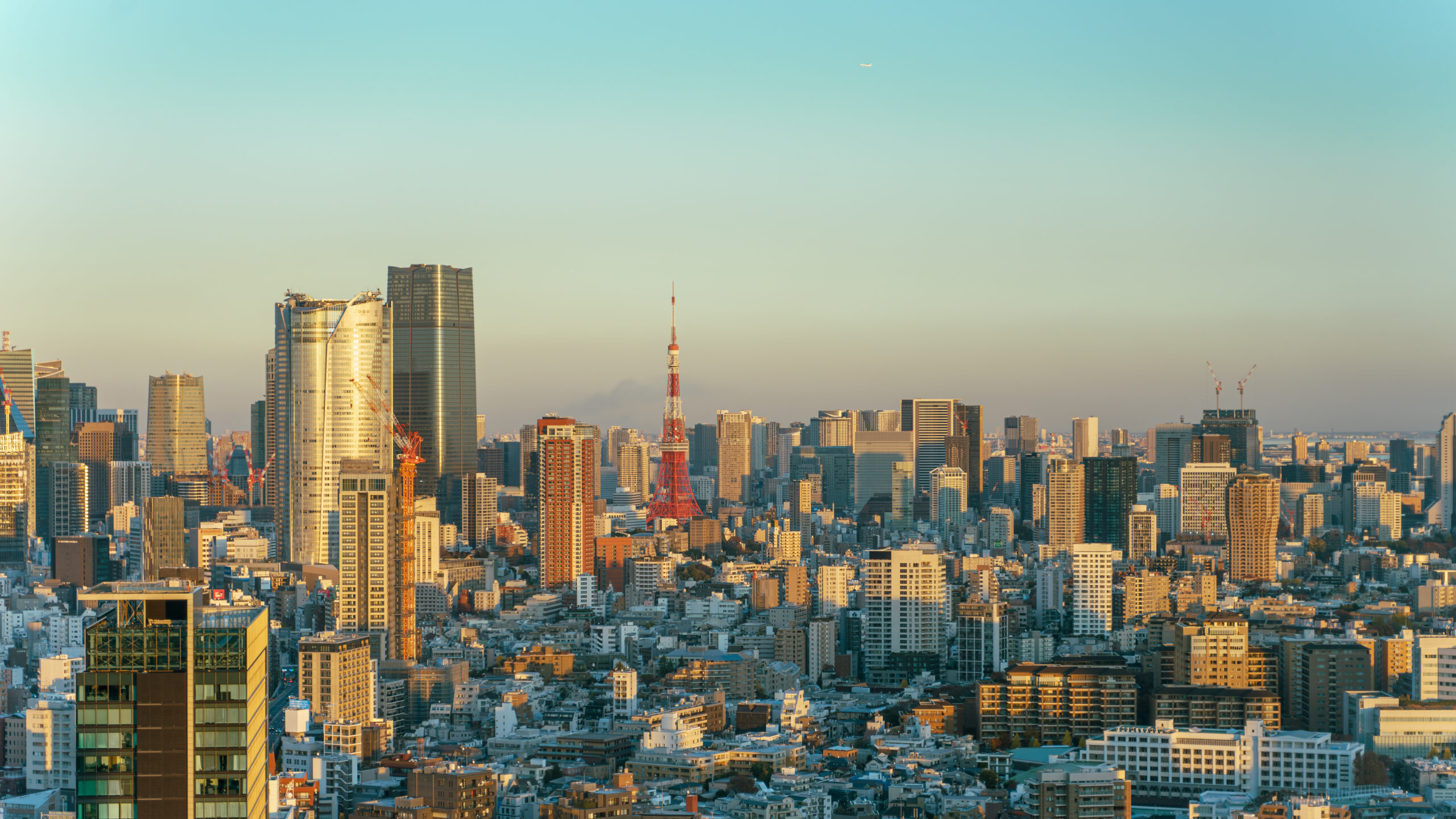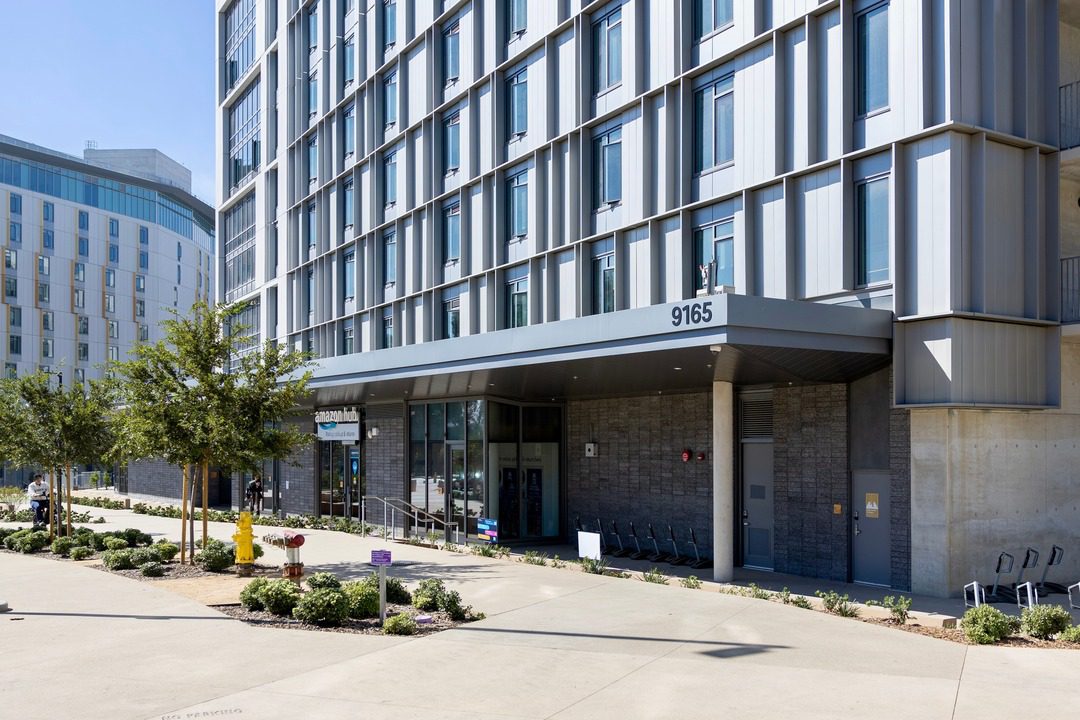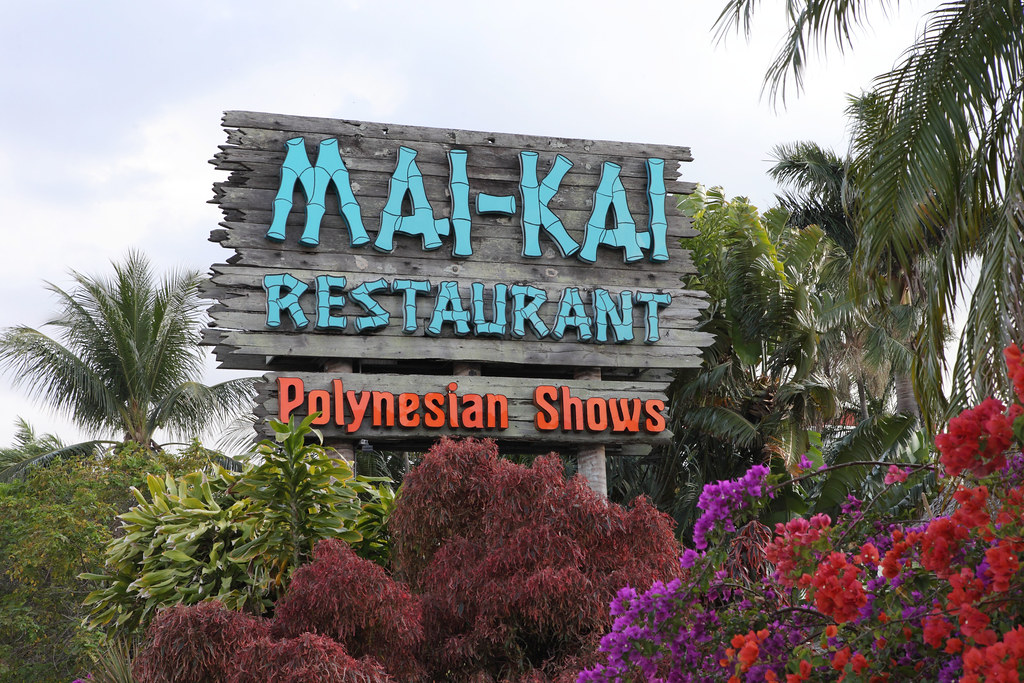It sounds like the plot of a suspense thriller—but for one traveler in Tokyo, an unsettling discovery in her hotel room has sparked important conversations about accommodation security and solo travel safety.
According to reports, a female traveler encountered an unexpected situation in her Tokyo hotel room after returning from sightseeing. She thought she was on a relaxing vacation, not a danger-seeking one, as Tokyo is not necessarily known for its horrors. The incident, which has been reported to local authorities, has raised questions about hotel security measures and guest protection protocols.
When she got to her hotel room, she noticed a strange smell and wondered where it was coming from. Checking under her bed, she found the source staring back at her. A man had somehow snuck into her room and under her bed, as she screamed he ran out the door, but not before making her think her life was over.
Hotel security incidents, while relatively rare, highlight the importance of comprehensive safety systems. Electronic access systems are just one layer of what should be multiple security measures.
The reported incident has prompted travel safety experts to revisit discussions about hotel security standards. Key card access systems—widely adopted throughout the hospitality industry—provide a significant but not infallible measure of protection. Modern hotel security requires multiple overlapping systems, including electronic access control, surveillance, staff training, and regular security audits, all work together to create a truly secure environment for guests.
The situation has also reignited conversations about solo travel safety, particularly for women who represent a growing segment of independent travelers. Travel blogs and social media influencers frequently promote solo exploration, but safety experts emphasize the importance of awareness and precaution.
Solo travelers should research accommodation security features before booking. Look for properties with 24-hour front desk service, visible security personnel, and comprehensive surveillance in public areas.
Security professionals recommend several practical measures for travelers concerned about personal safety, including using portable door locks or alarms, conducting thorough room inspections upon arrival, and having emergency contacts programmed into phones.
The Tokyo incident comes at a time when global tourism continues to rebound, with solo travel trending strongly across social media platforms and travel booking services. She was also able to post to Instagram immediately when her stay turned scary. Industry analysts report that solo bookings have increased by 42% compared to pre-pandemic levels, with safety consistently ranking among travelers’ top concerns.
For the hospitality industry, the incident serves as a reminder that security protocols require constant evolution and rigorous implementation. Consumer advocates are calling for greater transparency about security measures and clearer policies regarding guest compensation when safety incidents occur.
Hotels have both legal and ethical obligations to provide secure environments. Travelers deserve to know exactly what security measures are in place and what procedures exist if those measures fail. As investigations into the Tokyo incident continue, travel safety organizations recommend that travelers stay informed about best practices for personal security while enjoying the irreplaceable experiences that solo travel can provide—with appropriate precautions in place.


















